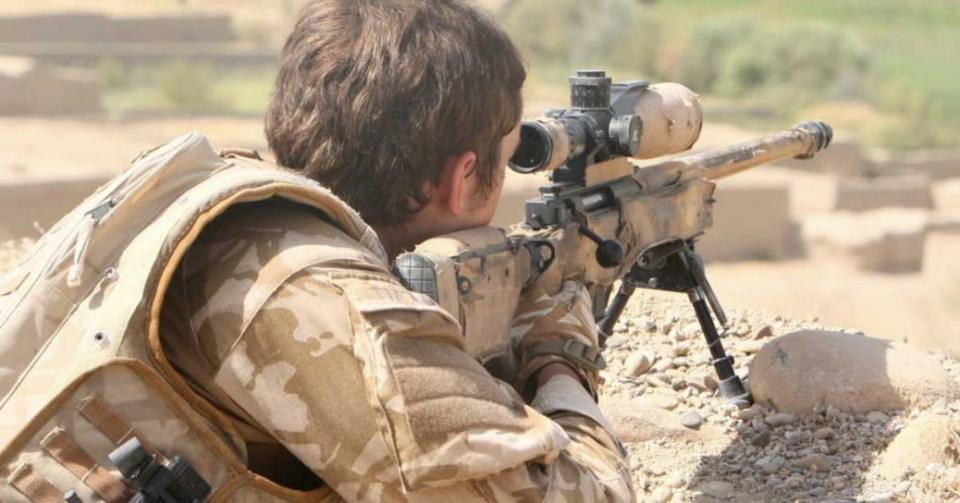US commander appeared to suggest UK special forces were operating in Ukraine
A US commander appeared to suggest UK special forces were operating in Ukraine.
Gen. Bryan Fenton said the US was "taking a lot of lessons" from UK special forces in Ukraine.
The UK Ministry of Defence declined to comment on the report.
A US commander appeared to suggest UK special forces were operating in Ukraine.
In an interview with the Associated Press, Gen. Bryan Fenton, the commander of the US Special Operations Command, spoke about plans to restructure Green Beret teams based on lessons from British special forces in Ukraine.
"A 12-person detachment might be up-gunned," Fenton said, explaining that as warfare became more high-tech, there might be a need for teams to have a cyber expert, an Air Force pilot, or a cryptologist, for example.
He said the ideas had come from "lessons learned out of the experience in Ukraine, mostly through the eyes of our UK special-operations partners, who not only have done that in their formations, but they've also learned very quickly that they needed other elements of their joint force."
Fenton said British commandos had required Royal Air Force pilots' advice on drone operations and needed navy personnel "to help them understand, more than a SOF teammate could, the way a ship in the Black Sea navigates," referring to special-operations forces.
Military personnel rarely acknowledge the activities of special-forces soldiers, either their own or those of their allies.
In a statement to Business Insider, a UK Ministry of Defence spokesperson said: "It is the long-standing policy of successive governments not to comment on UK Special Forces."
Fenton's comments confirmed something of an open secret about the covert presence of Western troops in Ukraine.

Ukrainian commanders told The Times of London as long ago as April 2022 that special forces were in there to train local recruits on British-supplied NLAW anti-tank missiles.
One senior European defense official told the Financial Times in February, "Everyone knows there are Western special forces in Ukraine — they've just not acknowledged it officially."
The presence of covert troops was noted in the so-called Pentagon Leaks of 2023.
Per the BBC, classified documents said the UK had 50 troops, Latvia had 17, France 15, and the Netherlands had a single soldier.
(A US Air National Guardsman, Jack Teixeira, was charged with leaking the documents and accepted a 16-year prison sentence.)
A more recent leak, from Germany, said that some British troops were in Ukraine supporting the use of weapons there.
A UK official later acknowledged that, but didn't give any detail about what part of the military they were from.
French President Emmanuel Macron has meanwhile floated the idea of Western troops being officially sent to Ukraine.
Speaking to The Economist at the end of April, Macron said: "I'm not ruling anything out because we are facing someone who is not ruling anything out," referring to Putin.
"We have undoubtedly been too hesitant by defining the limits of our action to someone who no longer has any and who is the aggressor," he added.
Macron said he'd consider sending troops "if the Russians were to break through the front lines" and "if there were a Ukrainian request—which is not the case today."
Russia had previously issued stark warnings in response to some of Macron's claims, saying troops sent to Ukraine would meet the same fate as Napoleon's army, which lost more than 300,000 men when it invaded Russia in 1812.
In a post on X, formerly Twitter, earlier this week, Dmitry Medvedev, a former president of Russia, also threatened that Russia would use nuclear weapons against Western states if NATO sent troops to Ukraine.
Read the original article on Business Insider


